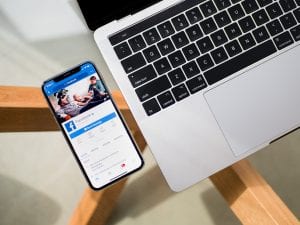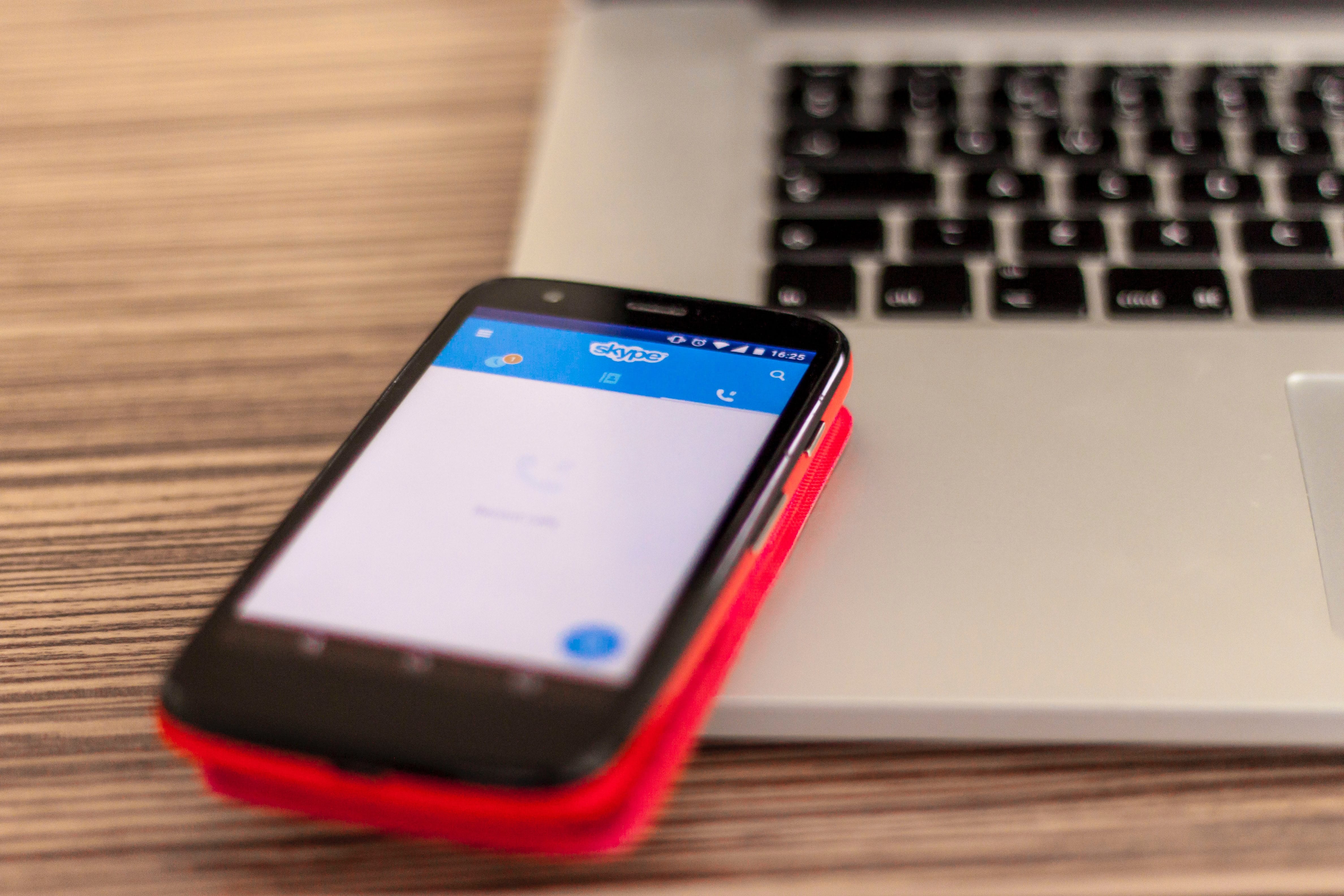A new study indicates that social media use and harm one’s mental health by replacing other activities.
A new study has perhaps indirectly tied mental health ailments to social media use. Senior author Dasha Nicholls, MD(Res), Imperial College School of Medicine, London, United Kingdom, said that the use of social media “may be attributable to cyberbullying, loss of sleep, or reduced physical activity, especially in young girls.”
In a three-year longitudinal study of 10,000 British adolescents between the ages of 13 and 16, the rate of “very frequent social media use” rose from “34% during the first year to 62% during the third year in boys, and from 51% to 75% in girls.” And, although “very frequent social media use was associated with greater psychological distress in both sexes, it was higher in girls and attributable to the mediating effects of cyberbullying, insufficient sleep, and reduced physical activity.”
“This means that social media effects on mental health are indirect rather than direct,” Nicholls said, adding, “Social media use was much higher in girls than boys, and it is possible that girls use social media differently from boys and are exposed to and react differently to the content they access.”

Nicholls is also honorary consultant child and adolescent psychiatrist at Central and North West London NHS Trust and East London NHS Trust.
The researchers found that “very frequent social media use in young people is unlikely to have directly harmful effects, but that harms are related to watching harmful content or by displacement of healthy activities that promote well-being” and that “[i]Interventions to reduce social media use to improve mental health might be misplaced; interventions to prevent or increase resilience to cyberbullying and ensure adequate sleep and physical activity in young people should be considered.”
“The study was motivated by a need to better understand the relationship between social media and mental health over time,” Nicholls said. “Most of the research to date has been cross-sectional and hasn’t been able to examine mechanisms by which the two may interact with each other.” She added, “The main findings were that there is a dose-response relationship between frequency of social media use and later markers of mental health and well-being, which was true for boys and girls…However, when potential mechanisms by which social media might influence mental health were examined, these fully accounted for the relationship in girls.”
Ann DeSmet, PhD, professor in the Department of Communication Studies at the University of Antwerp in Belgium, said that the longitudinal design and large sample size “add to the strength of available evidence on this topic” which has suggested that mental health is not directly impacted by social media use and that “social media does not necessarily need to be harmful in itself.” Rather, it is harmful when it replaces positive behaviors such as getting adequate sleep and exercise and leads to negative behaviors such as increased isolation physically.
Nicholls reiterated the importance of “keeping a balance so that social media does not displace other important activities, such as a good night’s sleep, physical activity, and in-person contact with peers” adding, “It’s also important to be aware of the potential for online bullying, which may only be known by asking directly.”
Sources:
Social Media Use Linked ‘Indirectly’ to Mental Health Harms
Social media use may harm teens’ mental health by disrupting positive activities, study says


Join the conversation!